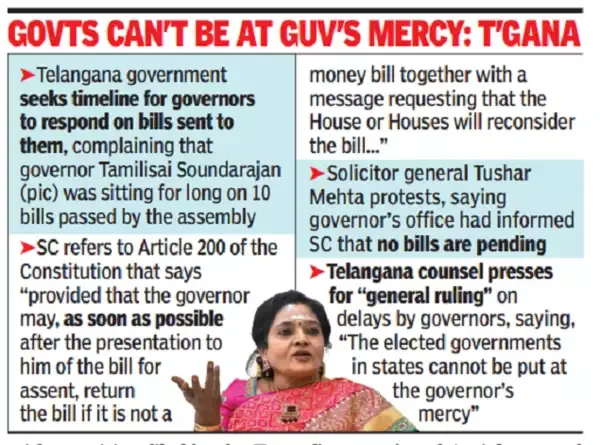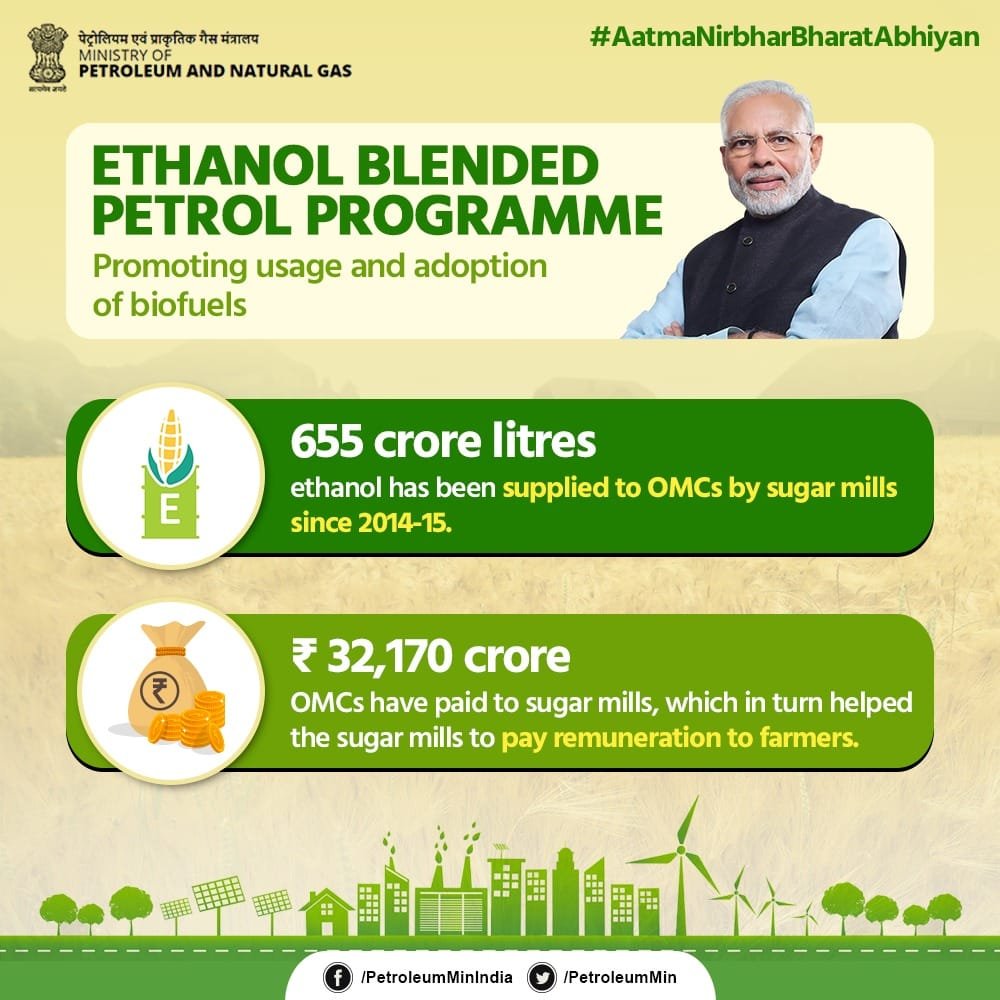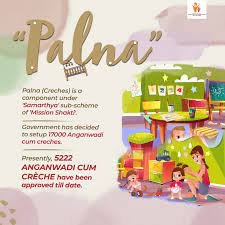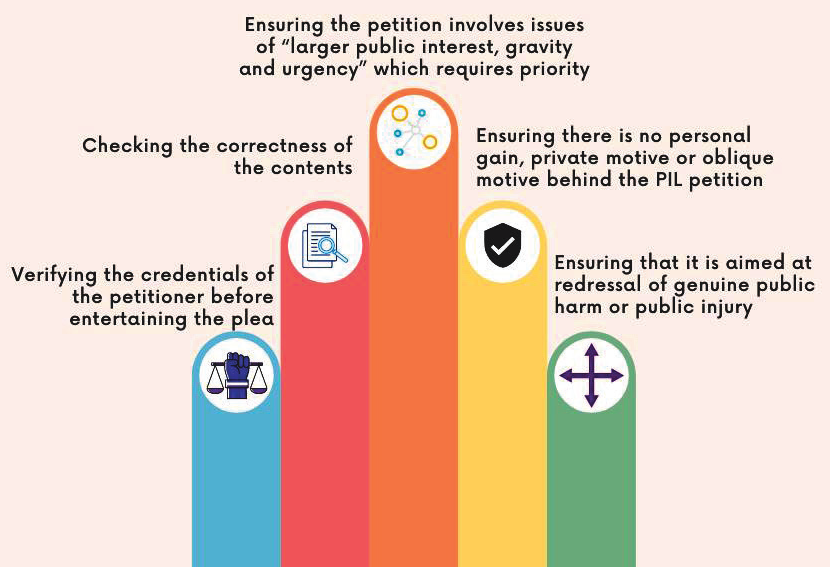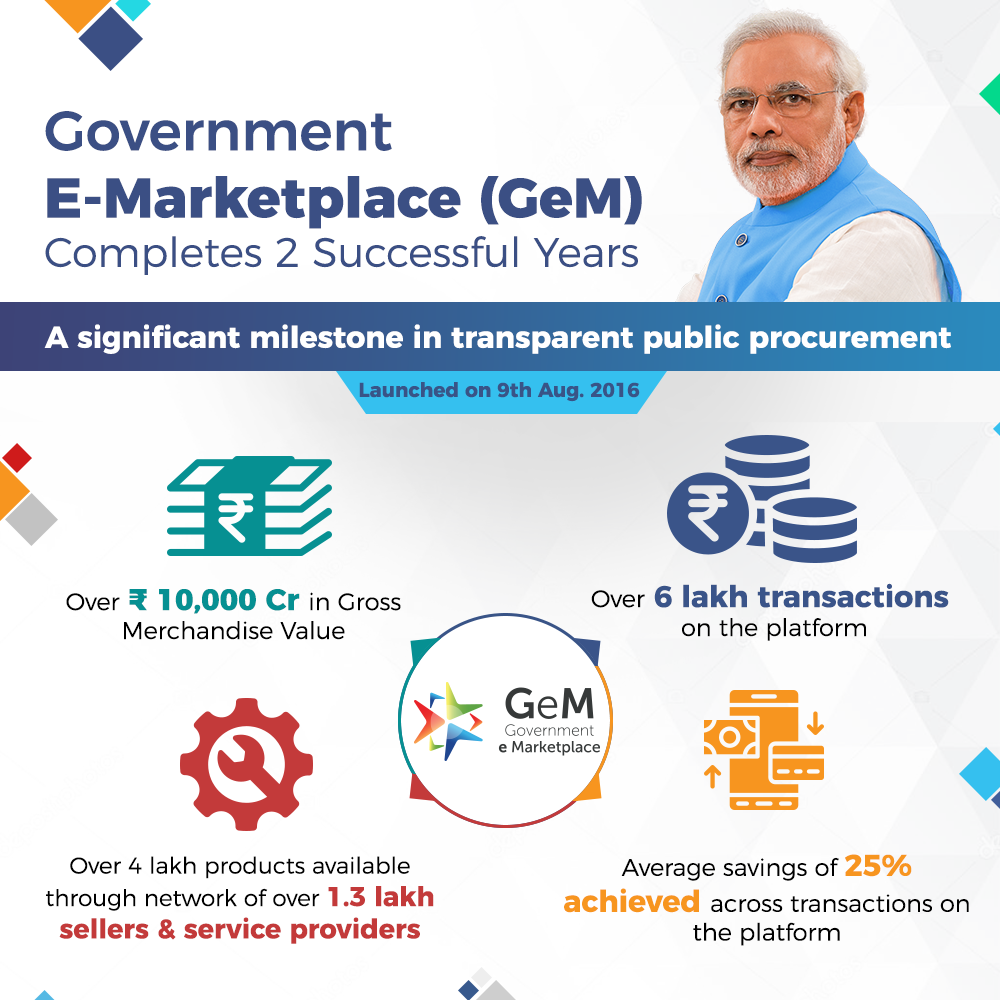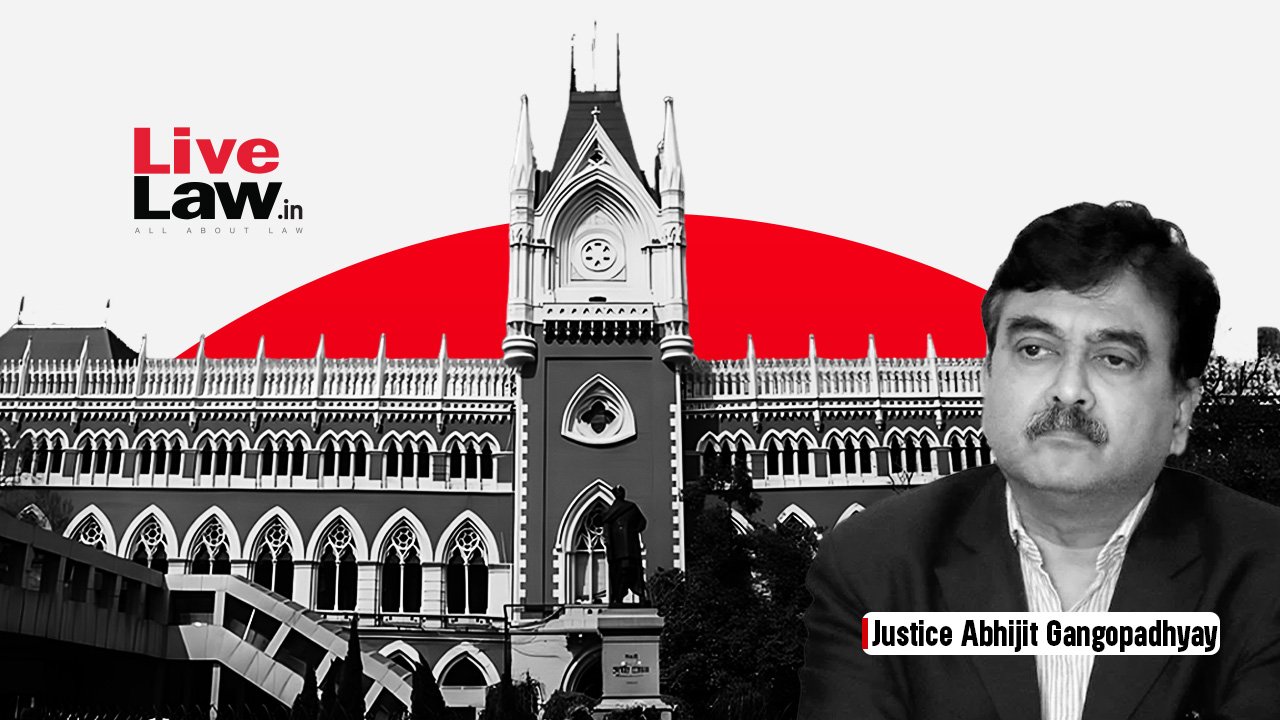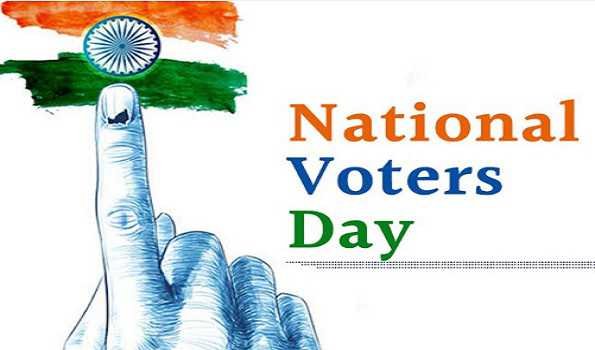
Star Campaigners
Subscribers of "Current Affairs" course can Download Daily Current Affairs in PDF/DOC
Subscribe to Never Miss an Important Update! Assured Discounts on New Products!
Must Join PMF IAS Telegram Channel & PMF IAS History Telegram Channel
- Context (TH | IE): The EC’s notices for alleged MCC violations by star campaigners signal a significant shift in its response to complaints.
- In the past, the EC sent general advisories to parties, but for individual MCC violations, notices went directly to the individual, not the party.
- The EC has sent notices to BJP and the Congress on complaints against PM Narendra Modi and Rahul Gandhi.
- The notices emphasise star campaigners’ responsibility for their speeches, with the EC able to hold parties accountable for MCC violations by their campaigners case by case.
Who are Star Campaigners?
- A star campaigner is a celebrity vote seeker in an election for a party. This person can be anyone, a politician or even a film star.
- Section 77, Representation of People’s Act, 1951: It provides for law relating to expenditures incurred by ‘leaders of a political party’, who are popularly known as ‘star campaigners’.
- There is no law governing who can or cannot be made a star campaigner.
- They are nominated by the concerned political parties, specifying their constituencies and the duration of their status.
- Role of Election Commission: The SC has stated that the EC does not have the authority to decide who can be a star campaigner.
Numbers of Star Campaigners
- Section 77 of the RPA, 1951 provides that –
- A ‘recognised’ National or State party can nominate a maximum of 40-star campaigners.
- An unrecognised political party can nominate a maximum of 20 star campaigners.
- The names of star campaigners are to be communicated to the EC and Chief Electoral Officer (CEO) of the States within seven days from the date of notification of such election.
- Multi-phase election: A political party can submit a separate list of star campaigners for each phase.
Financial regulations for Star Campaigner
- The expenditure incurred on electioneering by the star campaigner is not added to a candidate’s poll expenditure, giving the candidate more scope for expenditure.
- According to the RPA, these expenses will be borne by the political parties.
- Expenses for travel by air or other means incurred by star campaigners for campaigning won’t count as a candidate’s election expenditure.
- If candidates travel with the star campaigner, 50% of the campaigner’s travel expenses will be allocated to those candidates.
|
- For an individual candidate to receive relief from campaign expenditures, the star campaigner must limit themselves to general campaigning for the party.
- If the star campaigner shares the stage with the candidate or even takes the name of the candidate in his speech, their charges will have to be borne by the candidate from his expenses.
MCC guidelines on Prime Minister as Star Campaigner
- When a PM or a former PM is a star campaigner, the government will bear the expenditure on security, including bullet-proof vehicles, and it will not be added to the election expenses of the party or the individual candidate.
- But if another star campaigner accompanies the Prime Minister, the candidate must bear 50 per cent of the expenditure on the security arrangements.
What are the issues with star campaigning?
- Expenditure assessment: Assessing expenditure for star campaigner rallies often underestimates actual costs.
- The expenditure assessment does not reflect current market rates for various items. This results in lower expenditure apportionment to contesting candidates.
- Advisory: The EC issues an advisory to all political parties, emphasising decorum and issue-based debates; Star campaigners were put on notice regarding violations of the EC advisory.
- Inappropriate language: Star campaigners from various parties have used inappropriate and abusive language against leaders of opposing parties.
- Appeals to caste or communal feelings and unsubstantiated allegations have been observed.

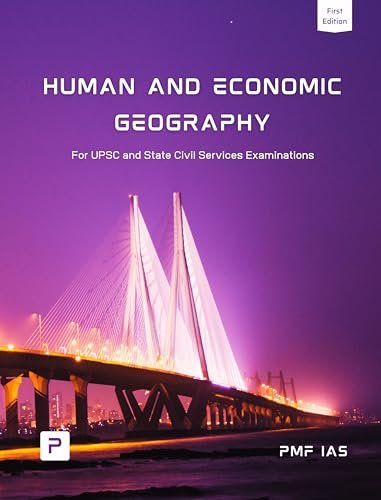



![PMF IAS Environment for UPSC 2022-23 [paperback] PMF IAS [Nov 30, 2021]…](https://pmfias.b-cdn.net/wp-content/uploads/2024/04/pmfiasenvironmentforupsc2022-23paperbackpmfiasnov302021.jpg)
